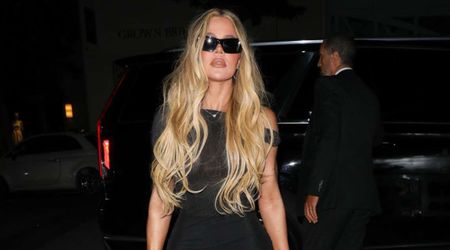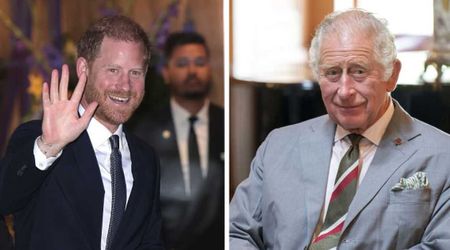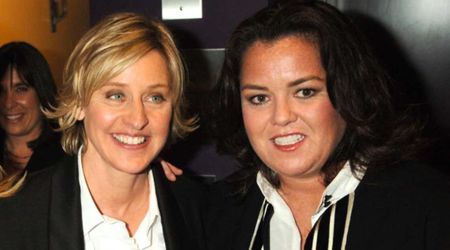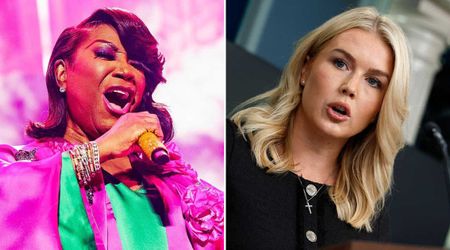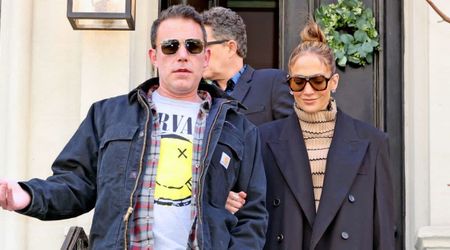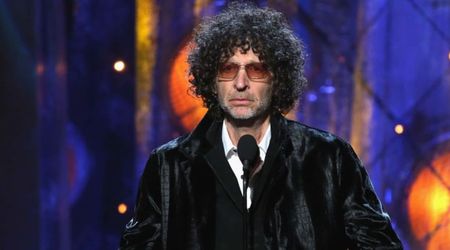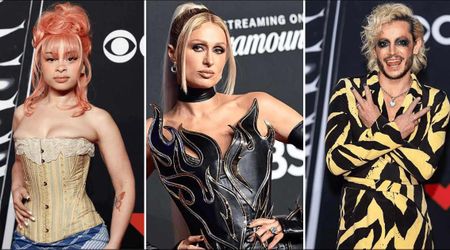Drake reignites feud with Kendrick Lamar, accuses UMG and Spotify of artificially inflating 'Not Like Us'

NEW YORK CITY, NEW YORK: The rivalry between Drake and Kendrick Lamar has taken a dramatic turn as Drake has launched legal action against Universal Music Group (UMG) and Spotify, accusing them of conspiring to boost Lamar’s diss track 'Not Like Us' while suppressing his own music.
In a petition filed in New York’s supreme court on November 26, Drake’s company, Frozen Moments LLC, alleged that UMG and Spotify executed a coordinated effort to manipulate the popularity of Lamar’s song, The Guardian reported.
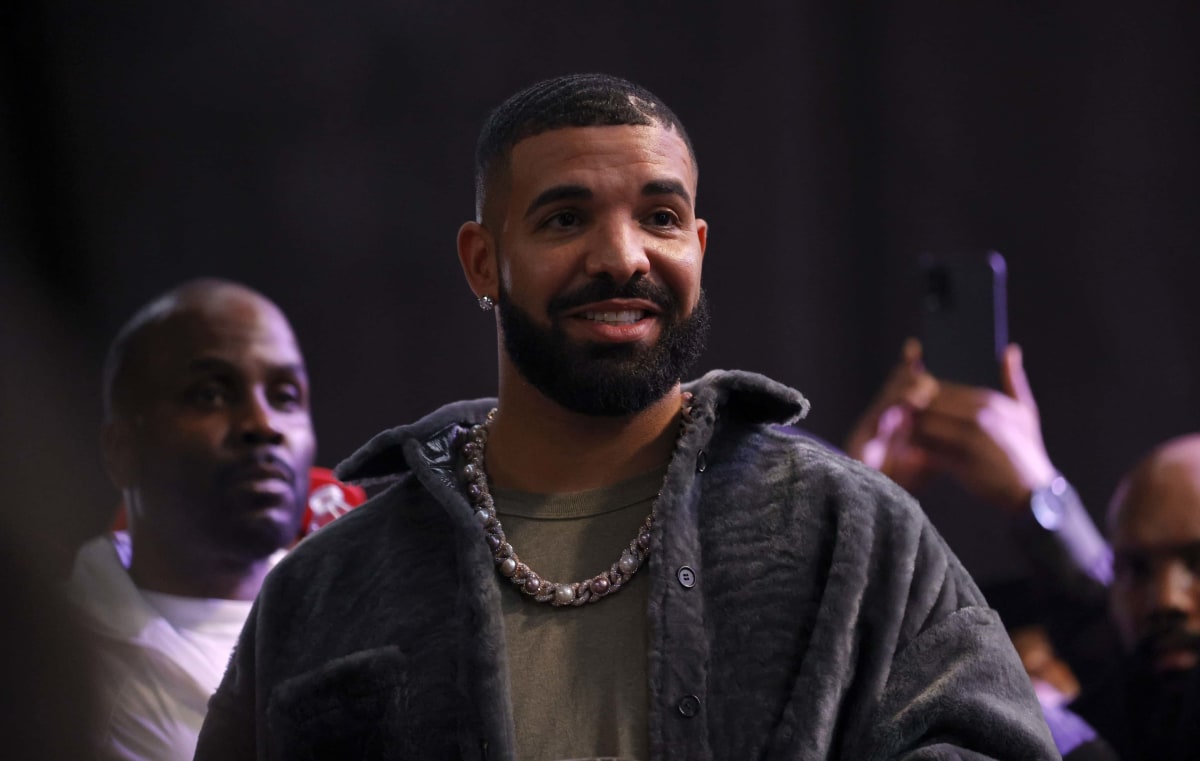
Drake's explosive lawsuit accuses UMG of using bots and pay-to-play deals
In a petition filed with the New York Supreme Court on November 25, Frozen Moments LLC, alleged a coordinated campaign designed to manipulate streaming platforms and airwaves.
According to the filing, UMG and Spotify used “various tactics to make Lamar’s song more popular” while undermining Drake’s music.
Drake’s lawyers didn’t mince words in the petition, “UMG … conspired with and paid currently unknown parties to use ‘bots’ to artificially inflate the spread of 'Not Like Us' and deceive consumers into believing the song was more popular than it was in reality.”
Additionally, the petition accuses UMG of paying influencers to promote Lamar’s track on social media and arranging pay-to-play deals with radio stations to further its reach.
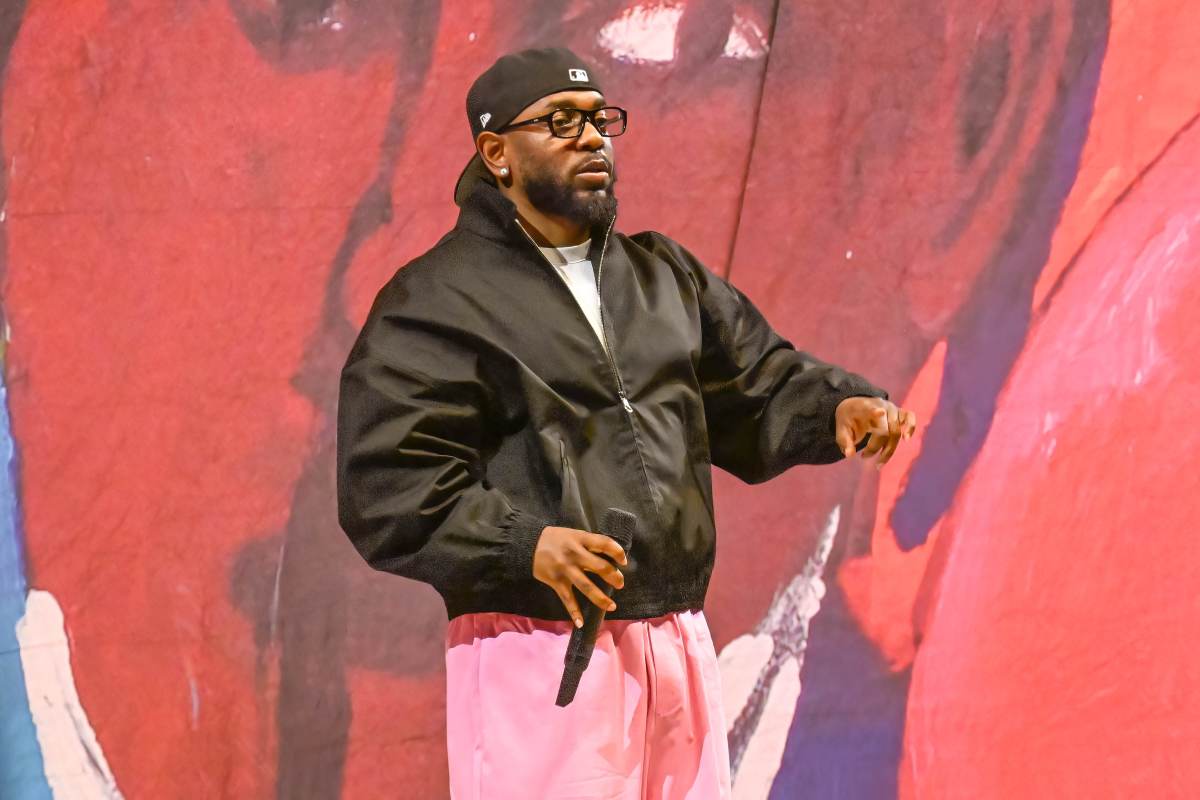
A spokesperson for UMG fiercely denied the claims, calling the allegations “offensive and untrue.”
The statement added, “We employ the highest ethical practices in our marketing and promotional campaigns. No amount of contrived and absurd legal arguments in this pre-action submission can mask the fact that fans choose the music they want to hear.”
Spotify declined to comment on the matter.
Interestingly, both Drake and Lamar have longstanding ties to UMG.
Drake is signed to Republic Records while Lamar is under Interscope Records—both of which are owned by the music conglomerate.
The petition isn’t yet a full-blown lawsuit but rather a legal maneuver under New York law allowing Drake’s attorneys to request the court preserve relevant documents for a potential case.
However, it represents a remarkable escalation in an already fiery feud between the two artists.
Drake-Kendrick Lamar feud stems from Big Sean's song Control
The tension between Drake and Kendrick Lamar first erupted in the latter's diss track in 2013, according to USA Today.
In 2013, Lamar dissed Drake, J Cole and other rappers on the song 'Control' by Big Sean, about how he wanted to "murder" Drake and other prominent rappers
Lamar’s 'Not Like Us' accused Drake of engaging in inappropriate relationships and fathering secret children, as per BBC.
In response, Drake fired back with songs like 'Family Matters' and 'The Heart Part 6,' where he accused Lamar of domestic abuse, infidelity, and mocked his collaborations with Taylor Swift.

Both rappers have consistently denied the allegations against them.
Drake’s petition goes beyond music, alleging that UMG struck a deal with Spotify to reduce licensing rates in exchange for promoting Lamar’s track to users—even when they searched for unrelated artists or songs.
It also claims that UMG paid Apple to misdirect users via Siri, steering them to 'Not Like Us' instead of Drake’s tracks.
Drake accuses UMG of using shady 'scheme' to propel Lamar’s 'Not Like Us'
The alleged “scheme,” Drake argues, catapulted 'Not Like Us' to unprecedented success.
The song reportedly racked up 900 million streams, becoming Spotify’s most-streamed diss track ever. It also set records for the biggest single-day streams for a hip-hop song (12.8 million) and the most streams in a week by a rapper (81.2 million).
“UMG’s schemes … were motivated, at least in part, by the desire of executives at Interscope to maximize their own profits,” Drake’s attorneys assert.
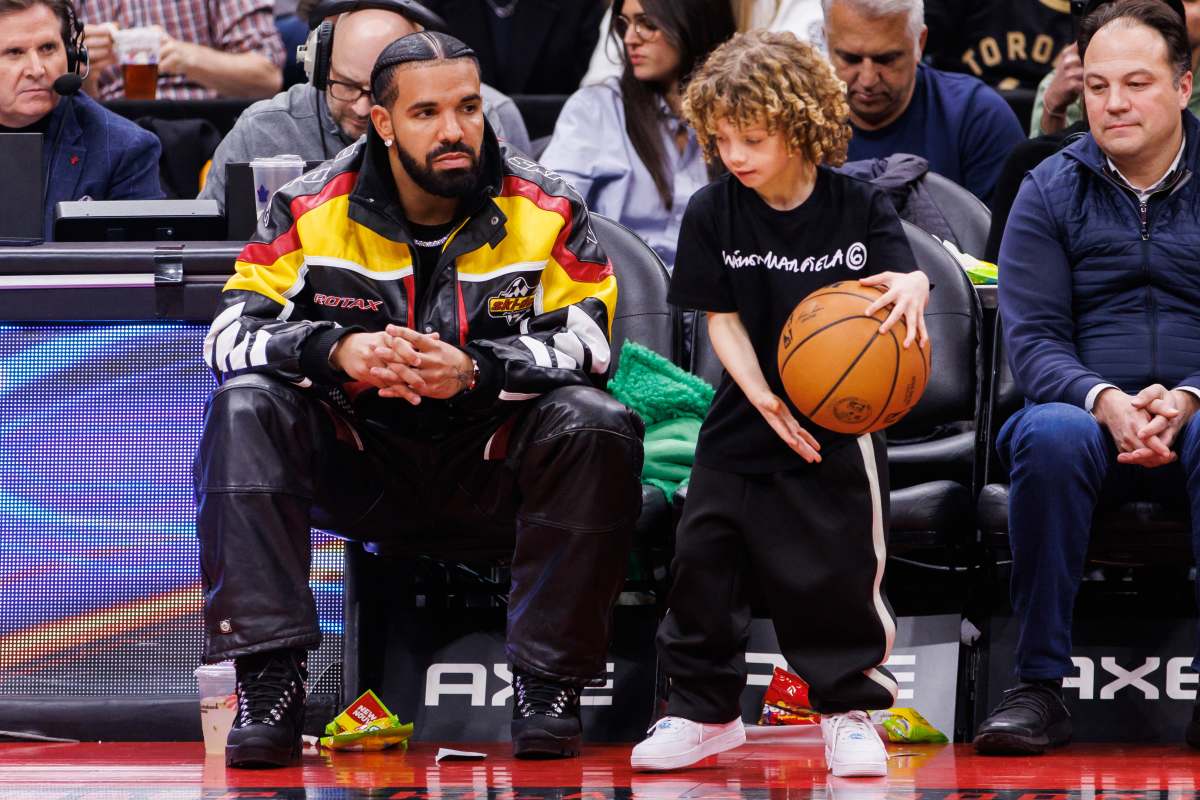
They further claim that the campaign not only elevated Lamar’s track but also boosted streams for his back catalogue, financially benefiting UMG.
Drake, according to the petition, sought to resolve these issues directly with UMG, but his efforts were met with deflection.
The music giant allegedly suggested Drake sue Lamar instead. The filing also accuses UMG of attempting to cover its tracks by firing employees “associated with or perceived as having loyalty to Drake.”
The legal accusations are weighty, with Drake’s attorneys alleging violations of the Racketeer Influenced and Corrupt Organizations Act (RICO)—a statute typically reserved for organized crime cases—as well as deceptive business practices and false advertising.

